
GM Vignir Vatnar Stefansson
Interview with GM Vignir Vatnar Stefansson - 2x Icelandic Chess Champion
1) Dear Vignir Vatnar, massive congratulations for winning the Icelandic Championship! You scored 7 out of 9 points. As one of the favorites, did you feel extra pressure when the tournament started?
Thanks! Yes, I did, especially since both GM Ivan Sokolov and my good friend GM Ivan Schitco were also playing, which made the tournament a lot tougher.
2) How did you prepare for the tournament?
I didn't prepare anything specifically for the tournament, I just tried to relax and enjoy doing some hobbies of mine like darts and snooker.
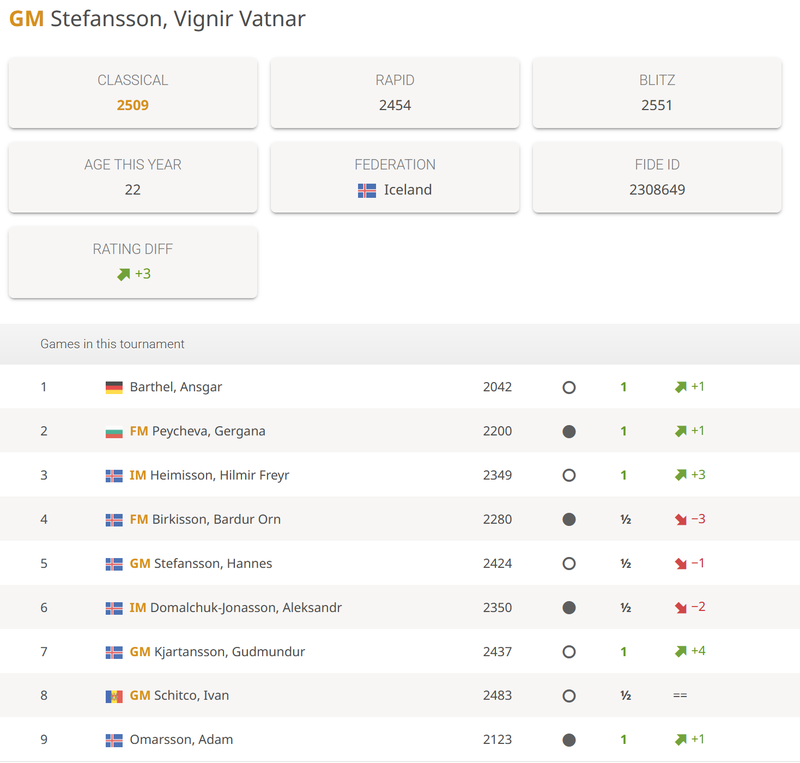
Vignir Vatnar's path to his second Iceland Chess Champion title
3) Do you have any rituals or habits that you follow in order to get ready for a game?
I always listen to some music before the games, so if I want a calm game, I'm usually listening to country music, but if I'm in a serious attacking mood, I might listen to some rap to get myself hyped up before the game.
4) You won this championship for the second time. What was different about this triumph, compared to your first one in 2023?
The first time I won it was very special since my great-great-grandfather won it exactly 110 years before me! He became the first Icelandic champion in chess in 1913, so for me it was really special to win it 110 years later. This one was, of course, also special to win since we had two very strong foreign GMs also in the tournament, but the 2023 one will always be more special.
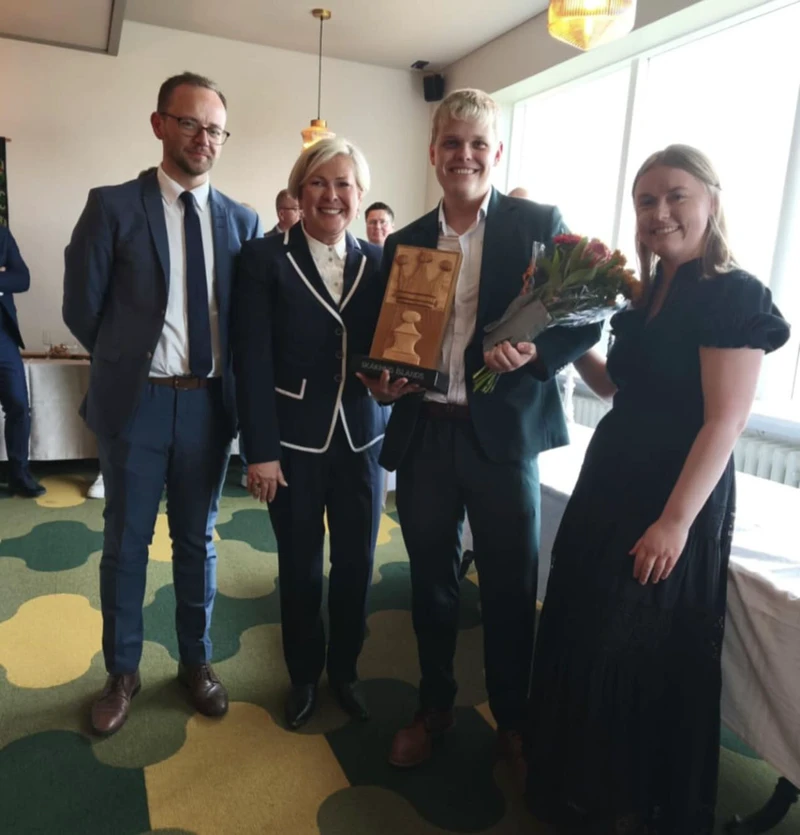
Vignir Vatnar celebrating his second title together with the Icelandic President, Halla Tómasdóttir
5) You are 22 years old now. What are your next goals?
My next goal is to reach 2600 in classical chess.
6) Despite your young age, you are already a chess tutor, offering chess courses online. What kind of training do you offer, and who is your target group?
Yes, I offer training through my Icelandic website, vignirvatnar.is where people sign up and get access to over 500 videos of me explaining chess, and I also organize chess tournaments a lot in Iceland, and the subscribers to the site always get a free entry to those tournaments as well. My aim is to make chess in Iceland as big as it once was and get everyone playing, and currently it is going tremendously well.
7) At what age did you start playing chess? What do you remember about that time?
I started playing when I was 5 years old, when my father taught me. He is an avid chess fan and a 1700 Elo player. I remember he used to always have his friend come around to play chess, and I sat on the table and watched, and quickly I started telling them some moves weren't the best!
8) How popular a sport is chess in Iceland nowadays? And what are the perspectives for aspiring young players in your country?
Chess in Iceland is huge; the newest statistics show that 33% of the country has a chess.com account! (Editor's note: or less people with multiple accounts or players setting their flag to Iceland manually - still a lot, of course!) We have such a rich chess history and culture through Fridrik Olafsson, Fischer, the match in 1972, the fact that we have 16 grandmasters, and the legendary team we had that got 5th place in the Olympiad in Dubai. There are many young, promising players in Iceland, and I hope they will continue to improve and keep this amazing legacy going.
9) What is your biggest strength and weakness in chess?
Funnily enough, I don't know what my strengths and weaknesses are. Usually, when I get this question, my answer is always, I'm equally bad at everything.
10) What’s the most unusual thing you have ever experienced during a chess event?
Once a man showed up to a blitz tournament and introduced me to, let's say, a woman he was hiring. Thankfully, I was quite drunk, which made it a very funny experience.
11) Which chess players, past or present, do you admire the most?
Fridrik Olafsson, who recently passed away, is my idol in chess but also in life. So many great things can be said about him and how he became top 10 in the world while living on an island people barely knew existed back then. And getting to the candidates in 1959 was the highlight. But my favorite memory with him is when he gifted me the first Icelandic chess book ever written by my great-great-grandfather in 1906, and he wanted me to have it. It's quite crazy to think I met him on his 90th birthday this year, and to think that he even met my great-great-grandfather when he himself was a young boy is quite special. He is the godfather of Icelandic chess, and to me, I see it as an obligation to keep his heritage going!

Vignir Vatnar with Fridrik Olafsson in 2023
12) Is there a famous chess game that has inspired you while growing up?
Fridrik wrote a book called 50 Attacking Games in Icelandic; the games were all from him beating the very best players in the world at the time. My favourite game from the book is his game against Robert Wade in Hastings 1953. Friðrik, being only 18 at the time, plays a stellar attacking game in the King's Indian. It's not a world-famous game, but it definitely had a huge impact on me when I was young.
13) What are your interests outside of the chess world?
I have a lot of interests outside of chess. I go to the gym and lift weights a lot, and can even bench 110kg, which I am proud of. I do boxing as well, but my favorite hobbies are snooker and darts, which I am quite good at.
14) What kind of advice would you give our readers if they wanted to make serious improvements in their game...?
For improving, it's important to know the openings you play quite well, so you always get a position you know and understand out of the opening. Do lots of tactics, ideally some every day, let's say Puzzle Rush (Editor's note: or Puzzle Racer), for example. Then, for improving middlegames and endings, you should probably read some good books on the subject, like 100 Endgames You Must Know and Sokolov's middle game books, for example. And always analyze your games afterwards, even if it's a loss online.

If you would like to learn more about Chess in Iceland, check out my Blog post about Chess in Iceland, where I met the President of the Reykjavik Chess Club.
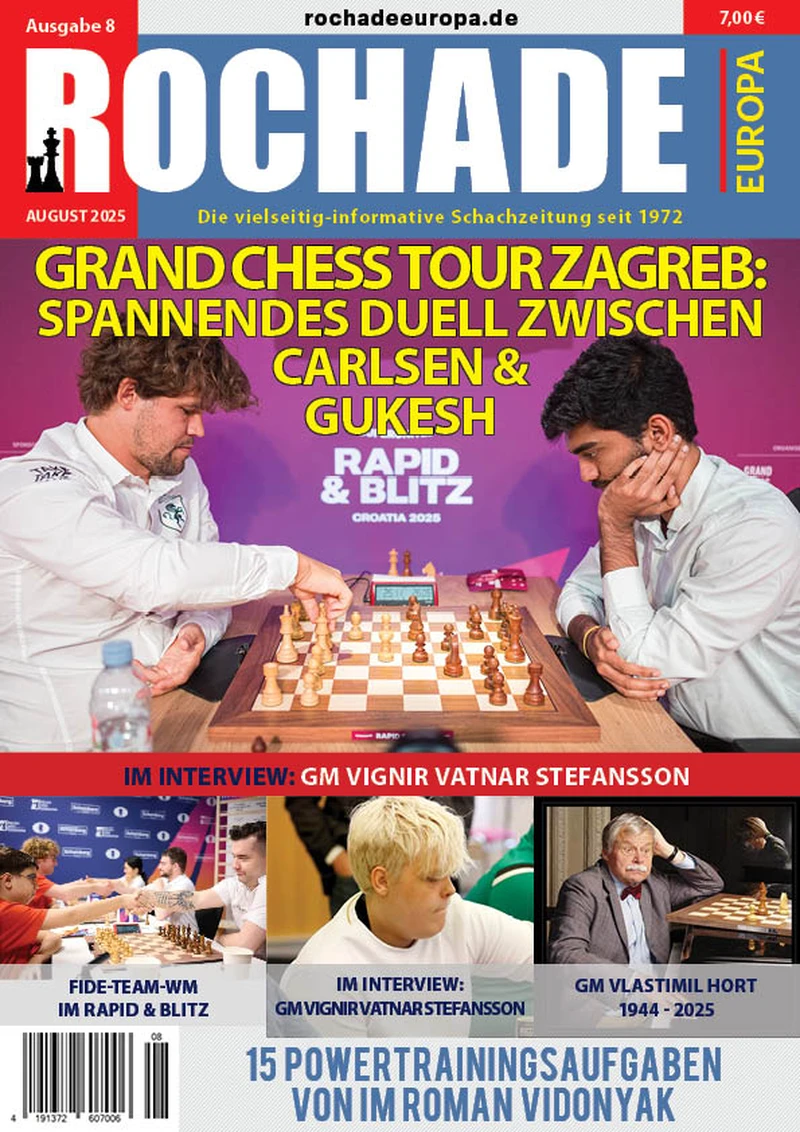
Note that this article was first published originally in German in the August 2025 issue of the German chess magazine Rochade Europa).
You may also like
 LM Assios
LM AssiosArena Replay: A tool to replay Arena standings in real-time
Ever wished you could rewatch the drama of an Arena as it happened?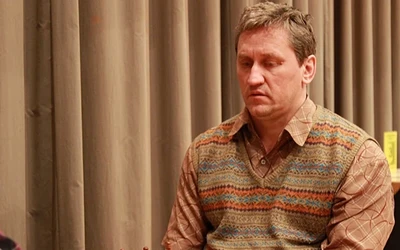 FM jeffforever
FM jeffforeverInterview with GM Oleg Korneev - Former Top 20 & very active OTB player
Get to know the GM who constantly plays 150+ rated classical OTB games per year! FM jeffforever
FM jeffforeverInterview with "The Beast" GM Adhiban Baskaran
Get to know the "Adhiban Gambit" founder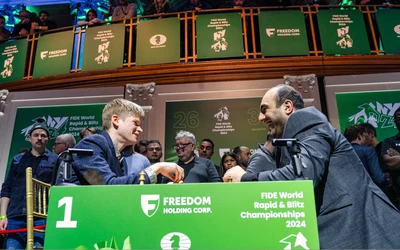 FM jeffforever
FM jeffforeverInterview with GM Volodar Murzin - World Rapid Champion 2024
Get to know the 18-year old surprise World Champion who wasn't accepted at the chess club at seven!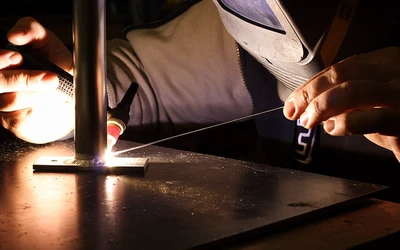 thibault
thibault